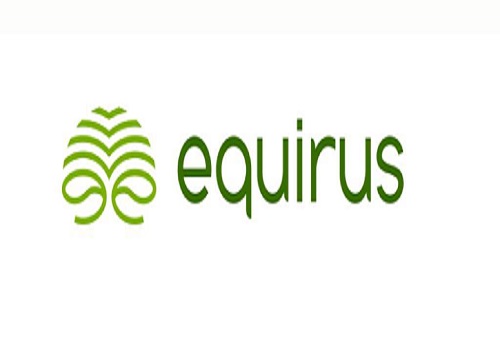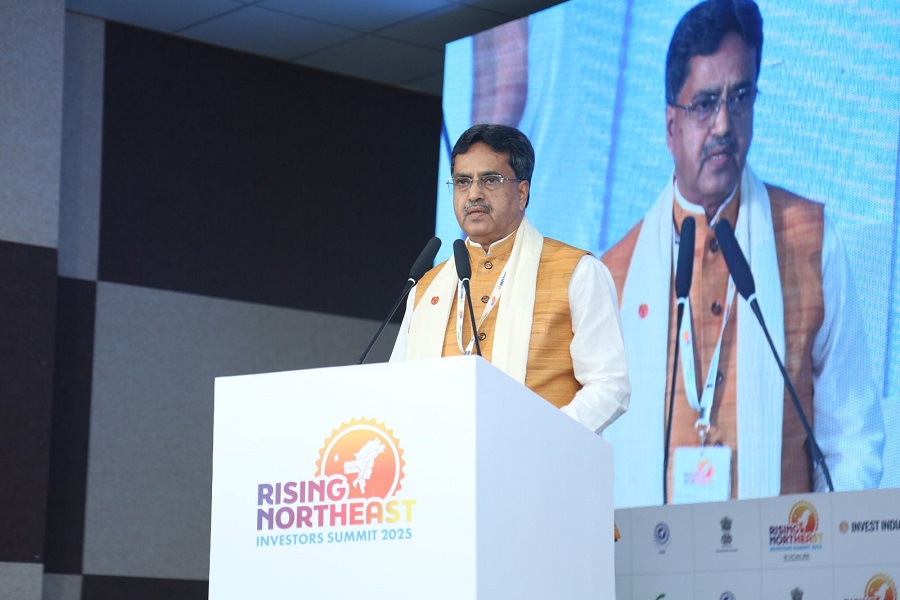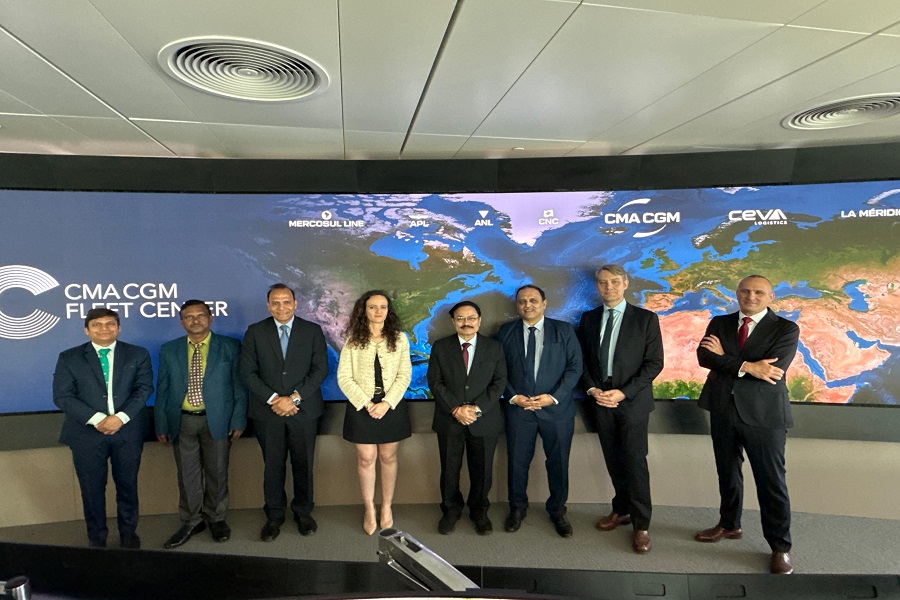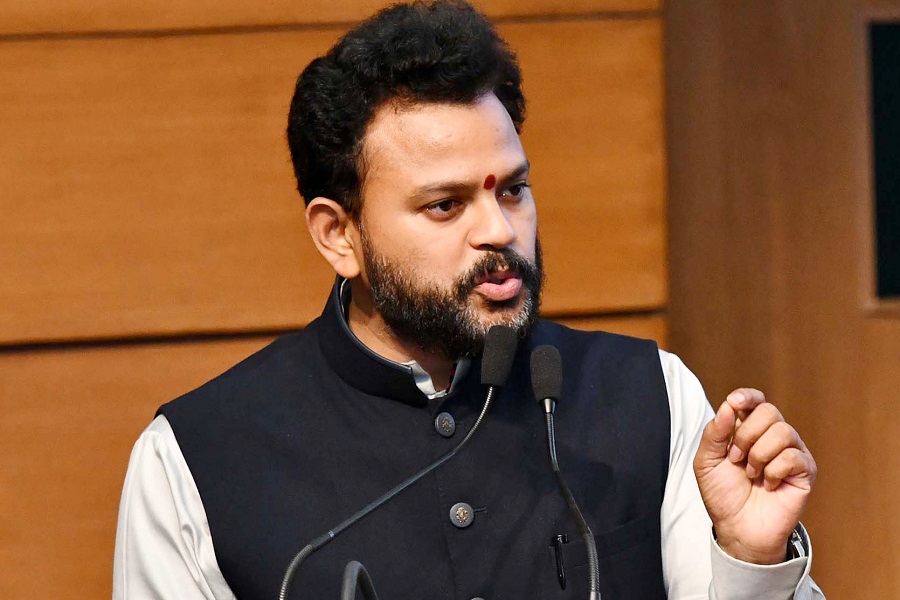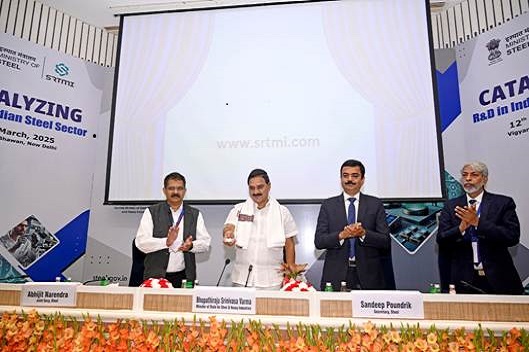Responsible Gen AI adoption could add $675 billion in economic value for India

Embracing a people-centric approach while adopting generative AI (GenAI) could add an extra $675 billion for India in economic value by 2038, a report showed on Tuesday.
In India, 31 per cent of working hours will either be automated or augmented by generative AI. It could lead to a 0.6 percentage point increase in GDP growth per year and an additional $675 billion in economic value by the given time frame, according to the Accenture report.
The report combined economic modelling conducted for four of Asia Pacific’s largest economies, including Australia, China, India and Japan, and a CXO survey in these countries and Singapore.
It found that responsible GenAI adoption could add an extra 4.5 trillion in economic value in APAC over the next 15 years.
“The scaled and responsible deployment of generative AI can not only drive revenue growth but also act as a force of change that can reinvent almost all functions across industries,” said Saurabh Kumar Sahu, Lead for India Business at Accenture.
To unlock its real value, businesses need to have a bold vision for reinvention anchored in a strong data and technology foundation.
"This coupled with an intentional approach to skilling is crucial to succeed in the age of generative AI,” Sahu added.
About 96 per cent of APAC business leaders acknowledge the significant impact of generative AI, and 91 per cent of APAC workers indicate that they are keen to acquire new skills to work with generative AI, but only 4 per cent of business leaders have rolled out generative AI training at scale.
The most impacted industries include Capital markets where generative AI will transform nearly three-quarters of working hours (71 per cent) and software and platforms where two-thirds (66 per cent) of working hours will be automated or augmented.
This is followed by banking (64 per cent), insurance (62 per cent) and retail (49 per cent), said the report.







.jpg)

